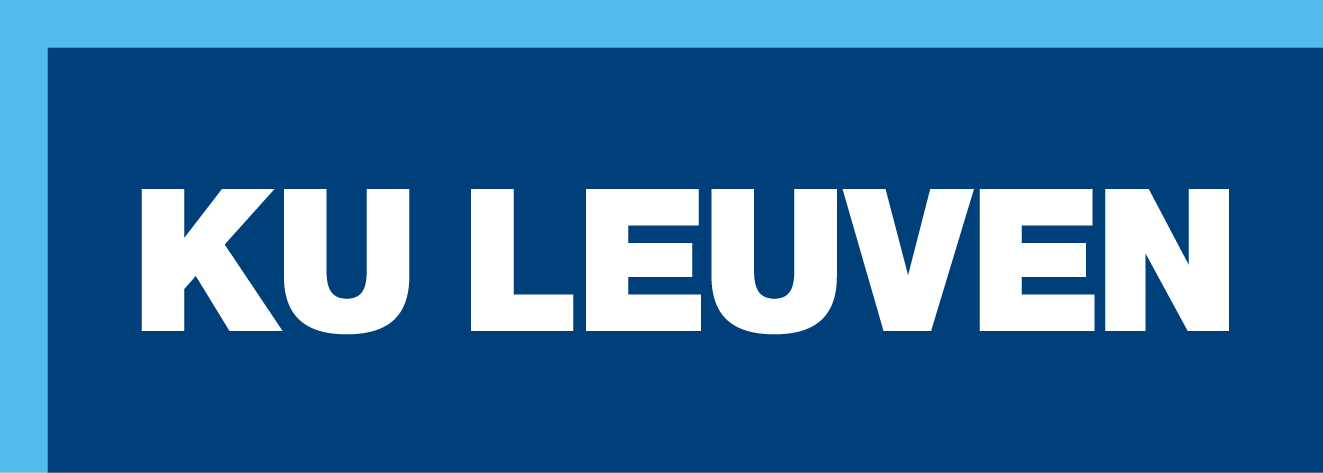About Universite de Liege
Basic information and contact details for Universite de Liege
Rankings
Select the type of rankings below to see stats
World University Rankings 2025
Breakdown via year: Teaching
Ranking positions 2016 to 2025
Impact Rankings
Select the type of ranking below to see stats
Impact Ranking positions 2022 to 2024
Discover similar universities
Find out more about studying, research and jobs at these universities
suggested
Key Student Statistics
A breakdown of student statistics at Universite de Liege
- Student gender ratio
- 58 F : 42 M (1)
- International student percentage
- 21% (1)
- Students per staff
- 32.5 (1)
- Student total
- 24237 (1)
Based on data collected for the (1) World University Rankings 2025
Jobs you might be interested in
You may want to explore jobs from other universities which are relevant to you
See all
Subjects Taught at Universite de Liege
See below for a range of subjects taught at Universite de Liege
Computer Science301–400th
- Computer Science
Clinical and Health201–250th
- Medicine and Dentistry
- Other Health
Business and Economics301–400th
- Economics and Econometrics
- Business and Management
- Accounting and Finance
Arts and Humanities201–250th
- Languages, Literature and Linguistics
- History, Philosophy and Theology
- Archaeology
- Architecture
Psychology201–250th
- Psychology
Life Sciences201–250th
- Agriculture and Forestry
- Sport Science
- Veterinary Science
- Biological Sciences
Physical Sciences251–300th
- Chemistry
- Geology, Environmental, Earth and Marine Sciences
- Physics and Astronomy
- Mathematics and Statistics
Engineering301–400th
- General Engineering
- Civil Engineering
- Chemical Engineering
- Electrical and Electronic Engineering
- Mechanical and Aerospace Engineering
Social Sciences201–250th
- Sociology
- Politics and International Studies
- Geography
- Communication and Media Studies
Education401–500th
- Education


